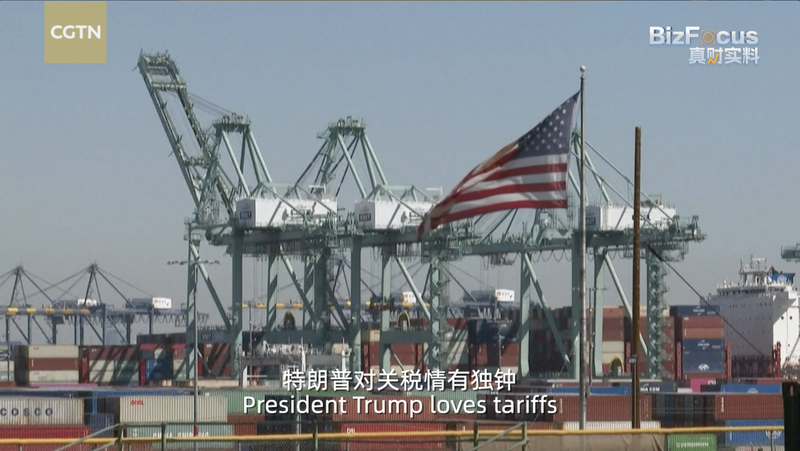As the debate over trade intensifies, Trump's latest tariff policies—dubbed Tariffs 2.0—are drawing sharp criticism. With rising prices on everyday goods and disruptions in global supply chains, many economists warn that the U.S. economy could be edging closer to recession.
Designed to protect domestic industries, these tariffs have triggered concerns that lower- and middle-income households may bear the brunt, should cost pressures persist. The measures, intended to secure a competitive edge for American businesses, present a double-edged sword. While some argue that protecting domestic sectors is essential in a competitive global market, data-driven insights suggest that increased prices and unsettled supply chains could undermine the very stability they aim to create.
Across boardrooms and policy discussions, voices are urging a careful review of the long-term economic impacts. The debate is especially relevant for a globally connected audience—from young entrepreneurs and tech enthusiasts to thought leaders and digital nomads—who are closely following trends that shape our world. As trade policies evolve, the challenge remains: balancing immediate national interests with sustainable economic growth.
Reference(s):
cgtn.com




